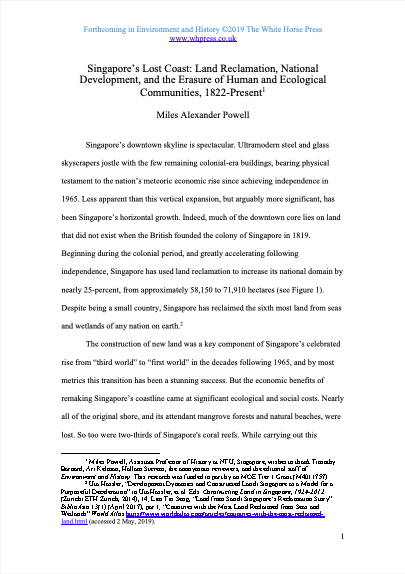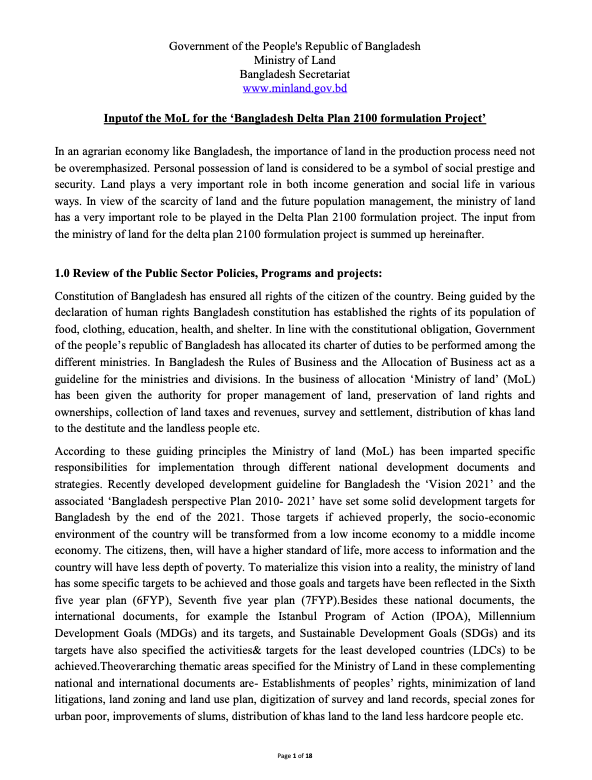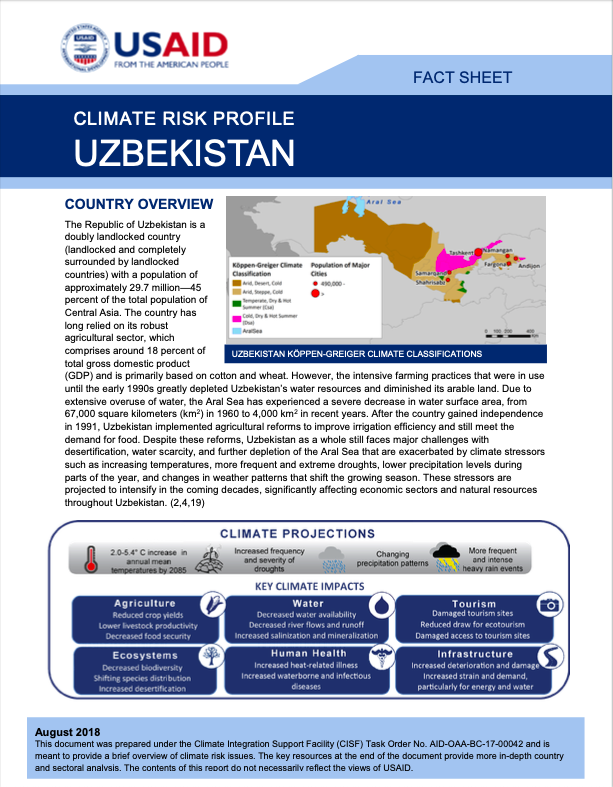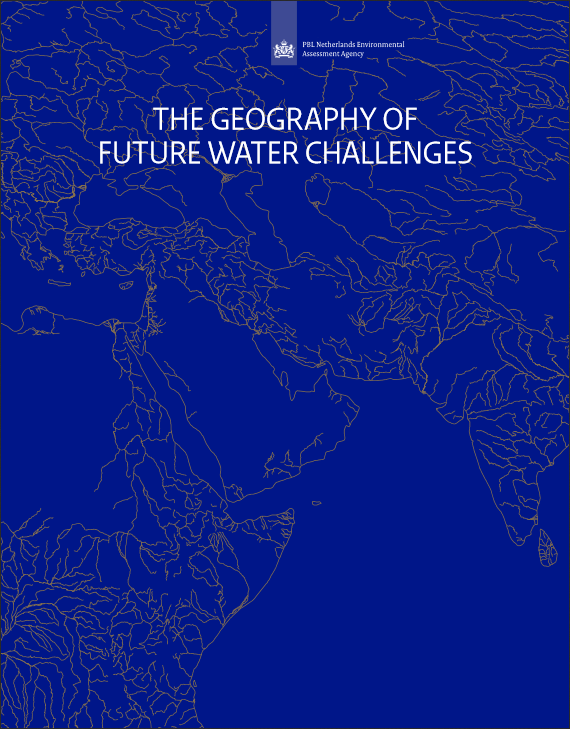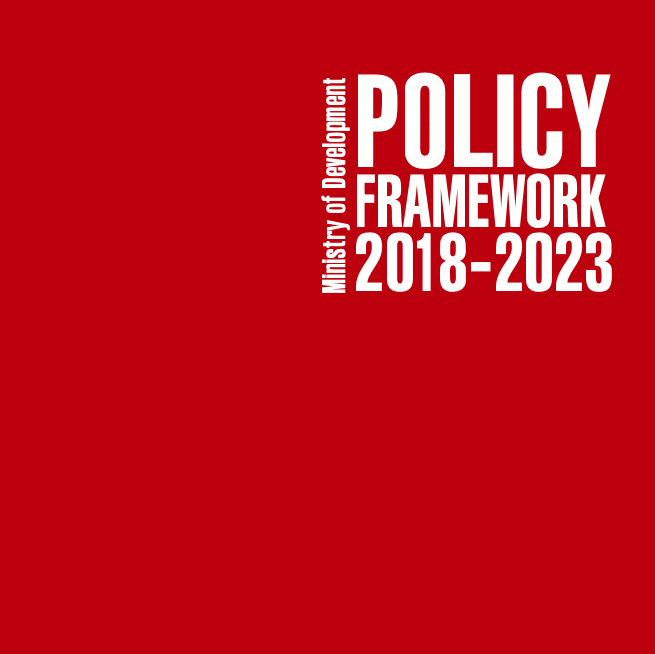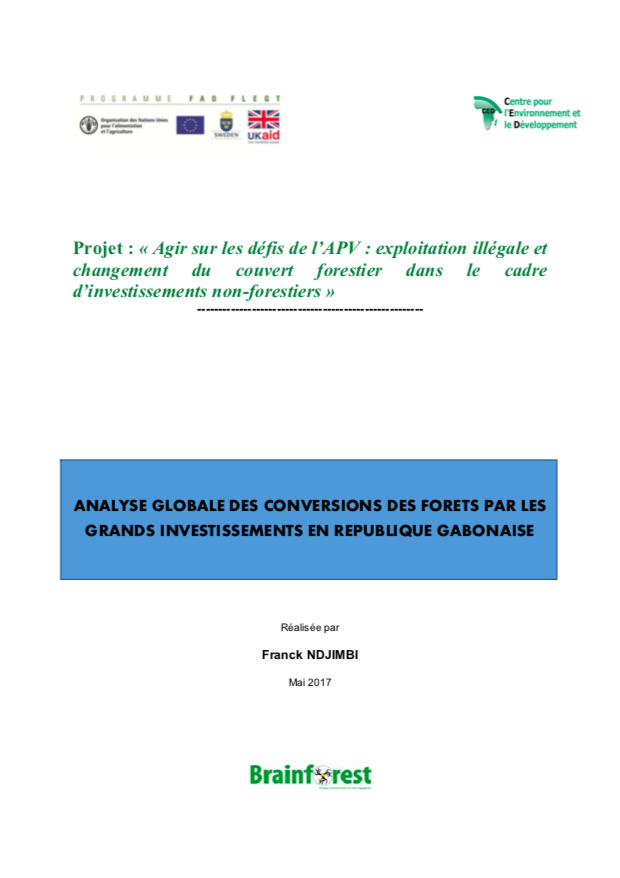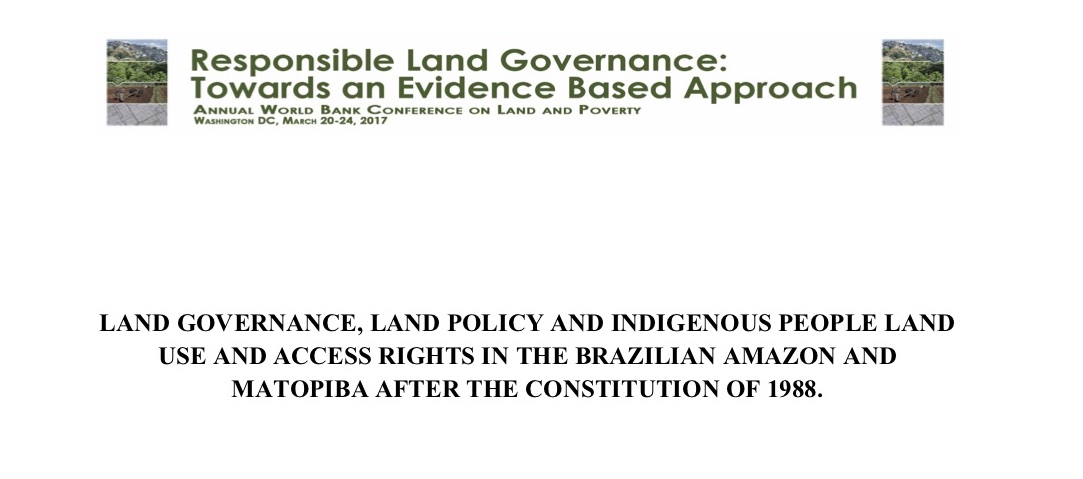Climate Services Ecosystems in times of COVID-19
Faced with the greatest public health crisis of our time, people must work together and learn from each other to overcome the complex challenges facing our communities, countries, and the world. Climate-related hazards are one of those challenges; they exacerbate already challenging public health conditions and impact not just people, but also the infrastructure, trade, and community support on which society depends. Through



